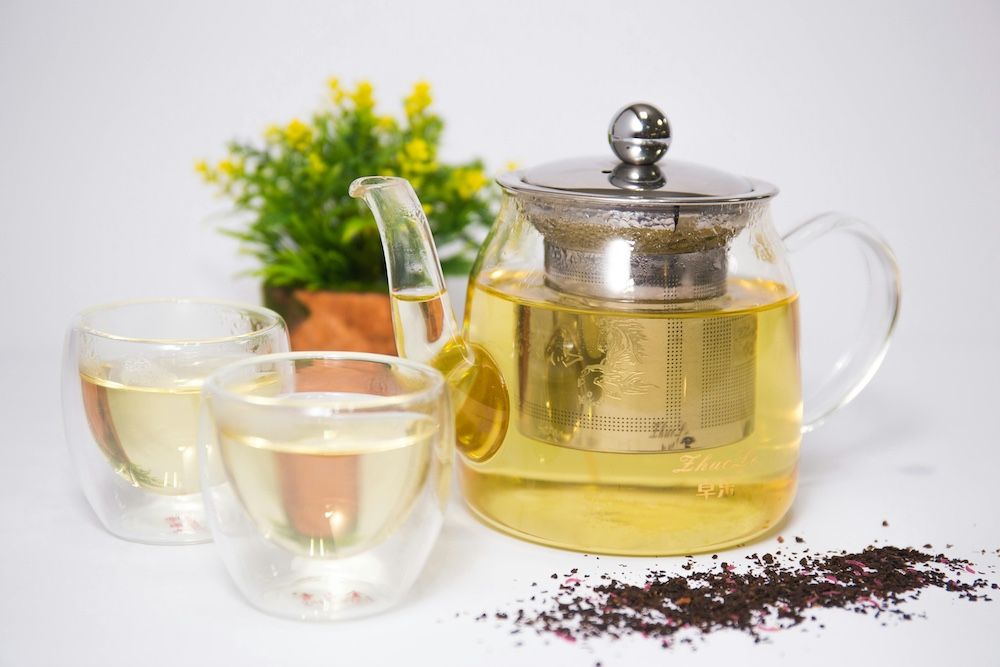Tea is one of the oldest and most popular beverages in the world, with a rich history that spans thousands of years. It originated in China around 2737 BCE, according to legend, when Emperor Shen Nong discovered tea when leaves from a wild tree blew into his pot of boiling water.
Tea comes from the Camellia sinensis plant, and its flavor, color, and properties can vary widely depending on how it’s processed. There are several main types of tea like green tea, black tea, oolong tea, white tea and herbal tea.
Green Tea is made from unoxidized leaves, it’s known for its delicate flavor and high antioxidant content. The leaves are quickly steamed or pan-fired to prevent oxidation.Black tea is fully oxidized, giving it a robust flavor and dark color. It often has a higher caffeine content compared to green tea.Oolong Tea is partially oxidized, and falls somewhere between green and black tea in terms of flavor and color. It can be complex, with floral and fruity notes. White tea is made from young leaves and buds that are minimally processed, and it has a light, subtle flavor. It’s the least processed of all teas and has a delicate taste.Herbal tea is technically not tea, as it doesn’t come from the Camellia sinensis plant. Herbal teas are infusions made from herbs, fruits, flowers, or spices. Examples include chamomile, peppermint, and hibiscus.
Drinking tea daily can offer a variety of health benefits, depending on the type of tea and how it's prepared. Tea, especially green tea, is rich in antioxidants like catechins and polyphenols. These compounds help combat oxidative stress and protect cells from damage. And regular consumption of tea has been linked to a lower risk of heart disease. Black and green tea may help reduce cholesterol levels, improve blood vessel function, and lower blood pressure. Tea contains caffeine and the amino acid L-theanine, which can enhance cognitive function, improve concentration, and boost mood. Green tea, in particular, is known for its calming yet alerting effects. Herbal teas like peppermint and ginger can aid digestion and relieve gastrointestinal discomfort. Green tea may also support a healthy gut microbiome. Some studies suggest that certain teas, especially green tea, can boost metabolism and aid in weight management by increasing fat oxidation and might have benefits for bone health and may help prevent bone loss.
While tea can be beneficial, it’s important to consume it in moderation and be mindful of additives like sugar or high-calorie creamers that can negate some of its health benefits.





